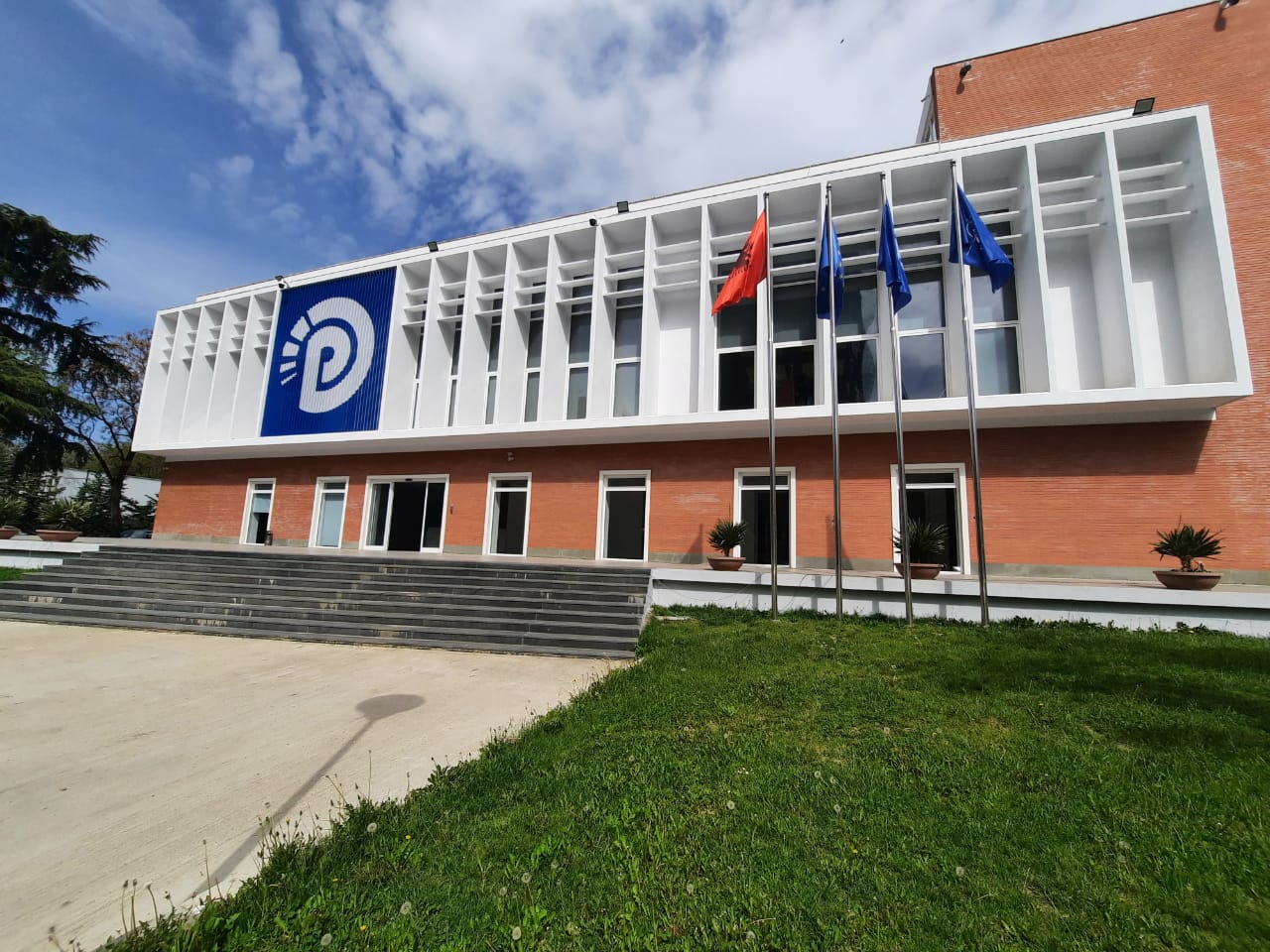First signs of tension inside DP as vote counts expose rift between leadership and base

The Democratic Party (DP) is showing early signs of internal strain after preliminary results from the May 11 elections revealed a stark disconnect between the party’s voter base and its leadership. While the DP suffered a major defeat nationally, the breakdown of the vote exposed an even more painful reality for the party hierarchy: most voter support went to candidates on the open list—many of them moderates or critical voices—rather than those handpicked by party leader Sali Berisha for the closed, “safe” list.
Why this is important: This rift signals a crisis of representation inside the DP. Figures known for their technical, issue-focused, and reformist stances—like Ilir Alimehmeti and Jorida Tabaku—attracted strong support in the open contest. Yet, parliamentary mandates will largely go to Berisha loyalists who benefit from party votes on the closed list. The gap between voter preference and actual representation underscores the growing frustration among the DP electorate and further complicates Berisha’s position, as he remains unwilling to relinquish party leadership.
Context: In Tirana, Alimehmeti leads the DP’s open list, with Tabaku close behind. As the results currently stand, only one open list candidate is expected to enter parliament, meaning one of the two will likely be left out. Meanwhile, high-profile figures from the closed list—including Gazment Bardhi, Tritan Shehu, and others—performed poorly in both personal preference votes and general campaign outcomes in the districts they coordinated, but will still enter parliament thanks to their placement on Berisha’s list. These results have fueled discontent and public criticism from within the party.
What else: Tensions spilled over during a live interview on Euronews Albania, where DP MP Tritan Shehu walked out of the studio after a heated exchange over accountability and party direction. Ironically, many of those losing internal support also led campaigns in districts where the DP saw double-digit declines compared to 2021.
Former DP MP Fatbardh Kadilli added to the criticism, calling the Fier and Elbasan candidate lists “among the weakest” Berisha has ever presented, citing their lack of connection to local voters. He described Gazment Bardhi, head of the DP Parliamentary Group, as “the most unpopular man in the DP” and blamed the selection process for contributing to the party’s collapse.
What’s next: With the party reduced to 50–52 seats and over 200,000 votes lost compared to 2021, pressure is building for a leadership overhaul. But Berisha has shown no intention of stepping down. Meanwhile, new internal battles are forming over who will claim the few mandates won through the open list system—possibly the only remaining channel for the party’s reformist voices to reach parliament.


